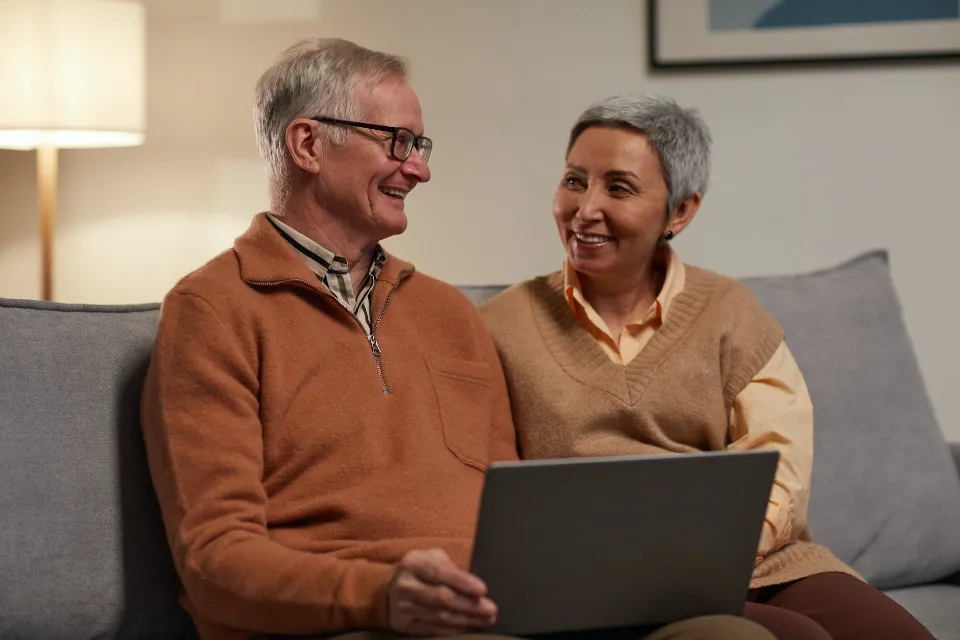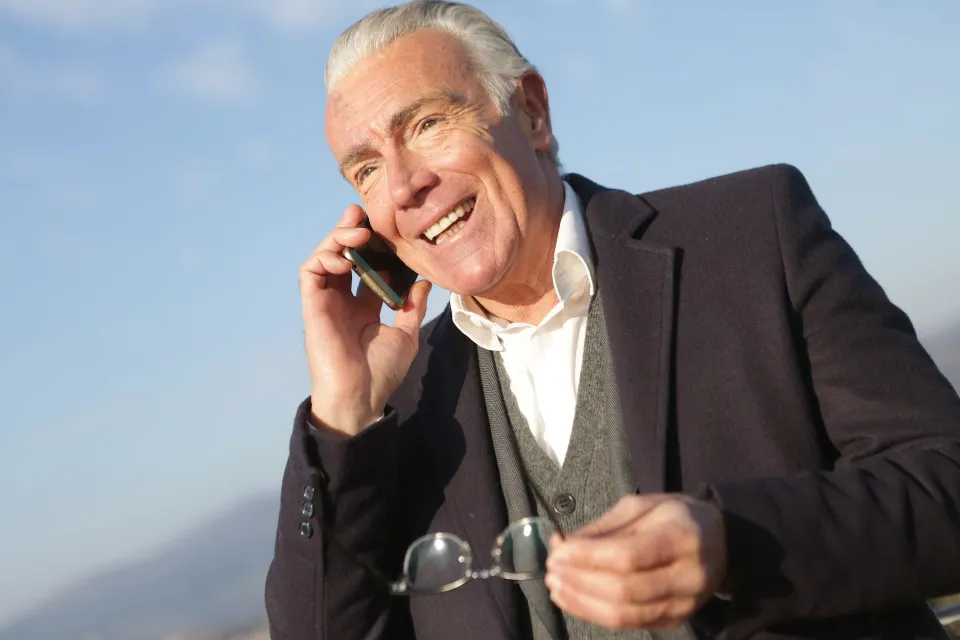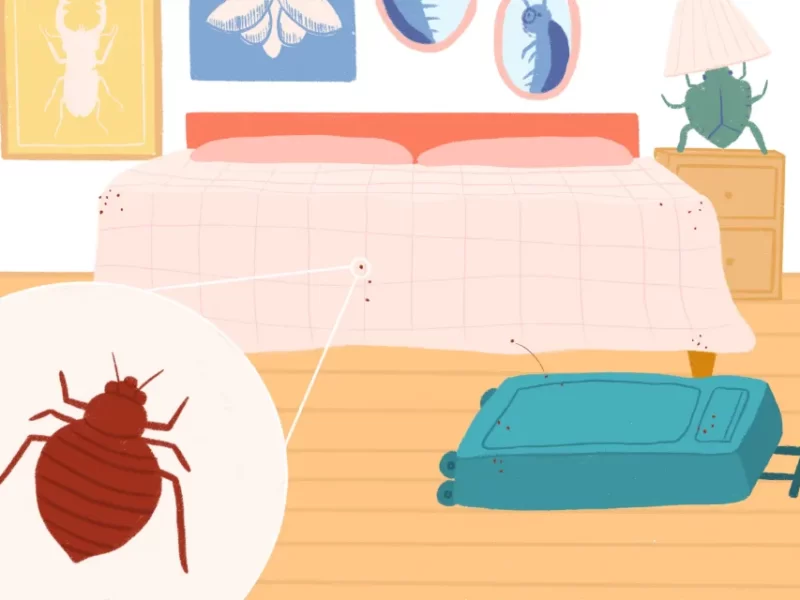Everybody has the right to happiness, which is an essential part of life. You change the world one person at a time by assisting others in feeling joy, especially seniors. Meeting the medical needs of seniors, whether they are family members or residents of nursing homes, is a fundamental human right, but frequently, this is insufficient to make someone happy.
There are many different ways to help bring happiness to seniors, from joining them in their hobbies to delving into their family history, here are our top tips for making seniors happy.
Why We Must Make Old Person Happy?
Despite increasing awareness of and sensitivity to ageism in our society, age-related stereotypes about stubborn, grumpy seniors persist. Chronic health conditions, changes in functioning and the loss of loved ones pose physical and emotional challenges that can bring even the most cheerful elders down from time to time, but depression and irritability are not normal parts of aging. According to research, a person’s perspective on life and level of happiness actually tends to get better with age.
At every age, life is a rollercoaster with many ups and downs. It is normal for family members and caregivers to want to cheer an elder up during these momentary low points in an effort to make them feel better and strengthen relationship dynamics. It never hurts to try, whether you succeed or fail at something.
Prior to making any recommendations, I urge you to be alert for any indications of fear, pain, or anxiety. There are many potential sources of a senior’s bad mood, and addressing these underlying causes will ensure your efforts are more successful. Just remember that your goal should be to assist a senior in genuinely cheering up rather than pressuring them to act happy for your benefit.

6 Effective Tips to Make Old Person Happy
Make Them Feel Useful
When they believe they can contribute, most people are content. Small tasks, from folding laundry to making a shopping list, can make an elderly person feel useful, no matter how small they may be. Elderly people frequently feel like a burden, but requesting small amounts of assistance here and there can reassure them that they are just as necessary and valuable as anyone else in this world.
Of course, it’s best to ask for assistance with tasks that the elderly person can complete independently because if they can’t because of physical or mental decline, it may upset them. They feel happy when they realize that they are still useful to others.
Listen and Learn
We undoubtedly live in an ageist society. We frequently concentrate on the shortcomings of our elders rather than appreciating their hard-won wisdom. These stereotypes are everywhere, including television advertisements and the looks of strangers on the street, so older people can’t escape them. Older adults are more likely to feel invisible or like a burden as a result of these unfavorable attitudes toward aging.
The most crucial thing we can do to lift someone’s spirits is frequently just to listen to them. It also helps to ask pertinent questions. If you can say, “Tell me what Uncle Jimmy was like when you two were small,” you could encourage a wonderful story. Eventually, you might discover that you enjoy hearing about life in earlier eras and what it was like before, during, and after significant historical events.
Old people are always happy when they are listened to patiently.
Doing What They Love With Them
Everyone has a favorite hobby, and it is so much fun to share it with others. It’s considerate to ask an elderly person to include you in an activity or to share their hobby with you.
Enjoying regular hobbies is also a useful way to keep their mind engaged, helping prolong brain function and memory as well as keeping depression at bay. If the older person can no longer enjoy their favorite hobby due to health and accessibility reasons, you can get creative. Perhaps golfing is their favorite pastime, but they are no longer able to walk around the course or take them to a game together.
The elderly will be happy to try their hobbies with them. If you have trouble moving around physically, reading, writing, and mental challenges like crossword puzzles, sudoku, and other board games are great ways to pass the time. They also don’t take up a lot of energy.
Let Them Be Themselves
It’s unlikely that you will be able to change your aging loved one’s tendency to complain now if that tendency has always existed in them. Some people are happiest when they can complain about how difficult everything and everyone is. There is no harm in attempting to uplift or re-energize a senior, but be prepared for resistance. In that case, your only choice is to alter your attitude and how you choose to respond to their negativity.

Let them complain, then distance yourself from them, and don’t be offended by their demeanor. Cheerfully agree that “people are terribly inconsiderate.” Avoid taking the fall and talking back. Unless there is obviously a reason to be concerned, let the complaints and objections pass. Just be sure to keep an eye out for more severe symptoms of an underlying physical or mental health condition that might be affecting their moods and/or behavior. You two can achieve the greatest level of contentment in your lives by doing this.
Help Them Stay Outgoing
The most important thing to make the elderly happy is to make them cheerful. According to research, people get better at controlling their emotions as they age. They start to approach experiences and difficulties with positivity, and they generally have a better outlook on life.
However, it might be simpler to lapse into depressive thoughts if you’re going through significant changes in your health, way of life, or living situation. Introduce the elderly person to the idea of gratitude and encourage them to surround themselves with upbeat people if they appear to be having mental or emotional difficulties.
The senior can maintain a more positive outlook on life by adopting a more upbeat attitude and making exciting plans to look forward to.
Encourage Old Person to Work Out
It is well known that one of the best ways to release endorphins is through physical activity. Increased physical activity may help older adults experience fewer cognitive declines, according to research. It’s important to understand older adults’ capabilities and the types of physical activity they can engage in because some may be more agile than others. From brisk walks to chair exercises, there is a range of exercises that are accessible for most, helping blood flow, and heart health and relieving anxiety and depression.
Asking elderly people to dance is a great way to get them moving more throughout the day! Play some of their favorite music and ask them to demonstrate the Waltz; the union of sound and touch is a happy formula. This is also an excellent way to help an elderly family member or resident of a care facility come out of their shell and is a lovely way to relax and have fun.
Final Thoughts
According to the New York Times, researchers found that older adults in their 80s and 90s, as well as older adults in general, reported higher levels of satisfaction and happiness than teenagers and young adults. Older people who have overcome many of life’s hardships and losses are resilient. In contrast to younger adults, older adults feel better about their lives, not worse, despite the possible physical or cognitive decline. Your own happiness will increase as a result of making older people happy.



